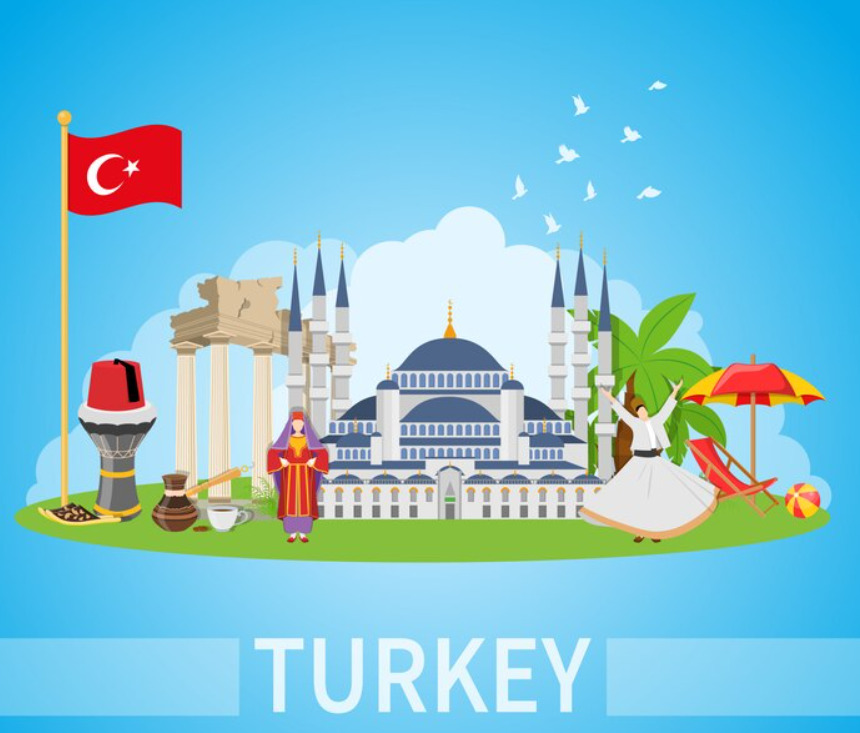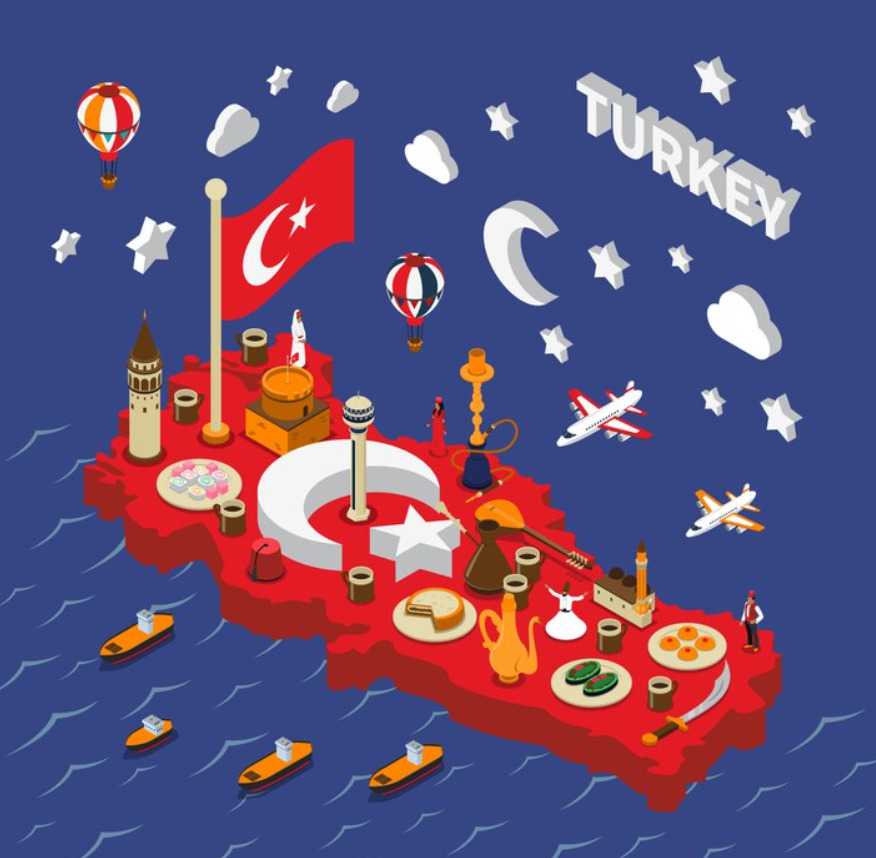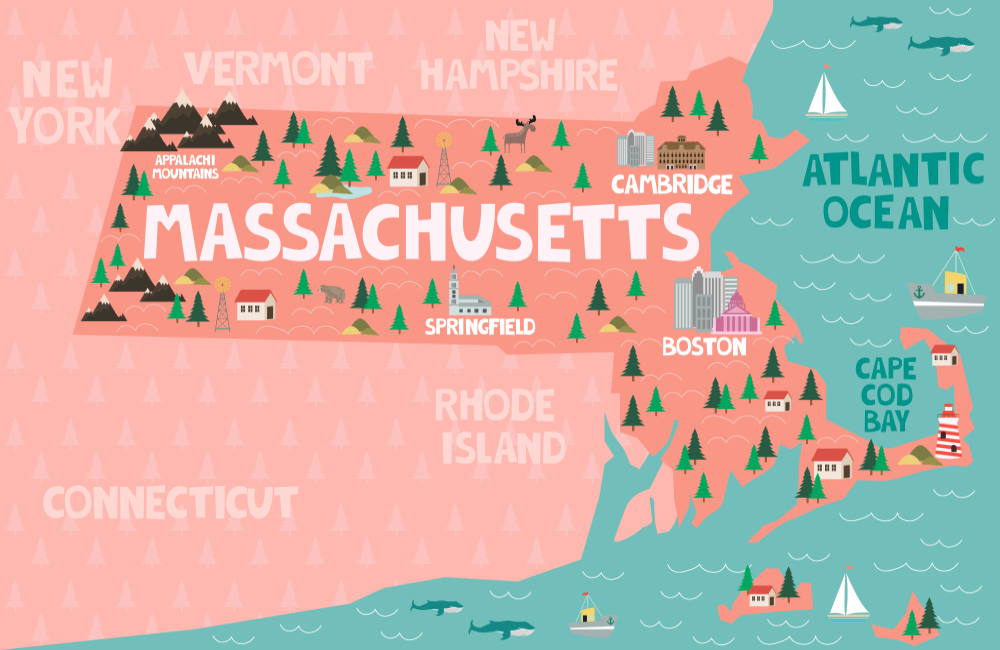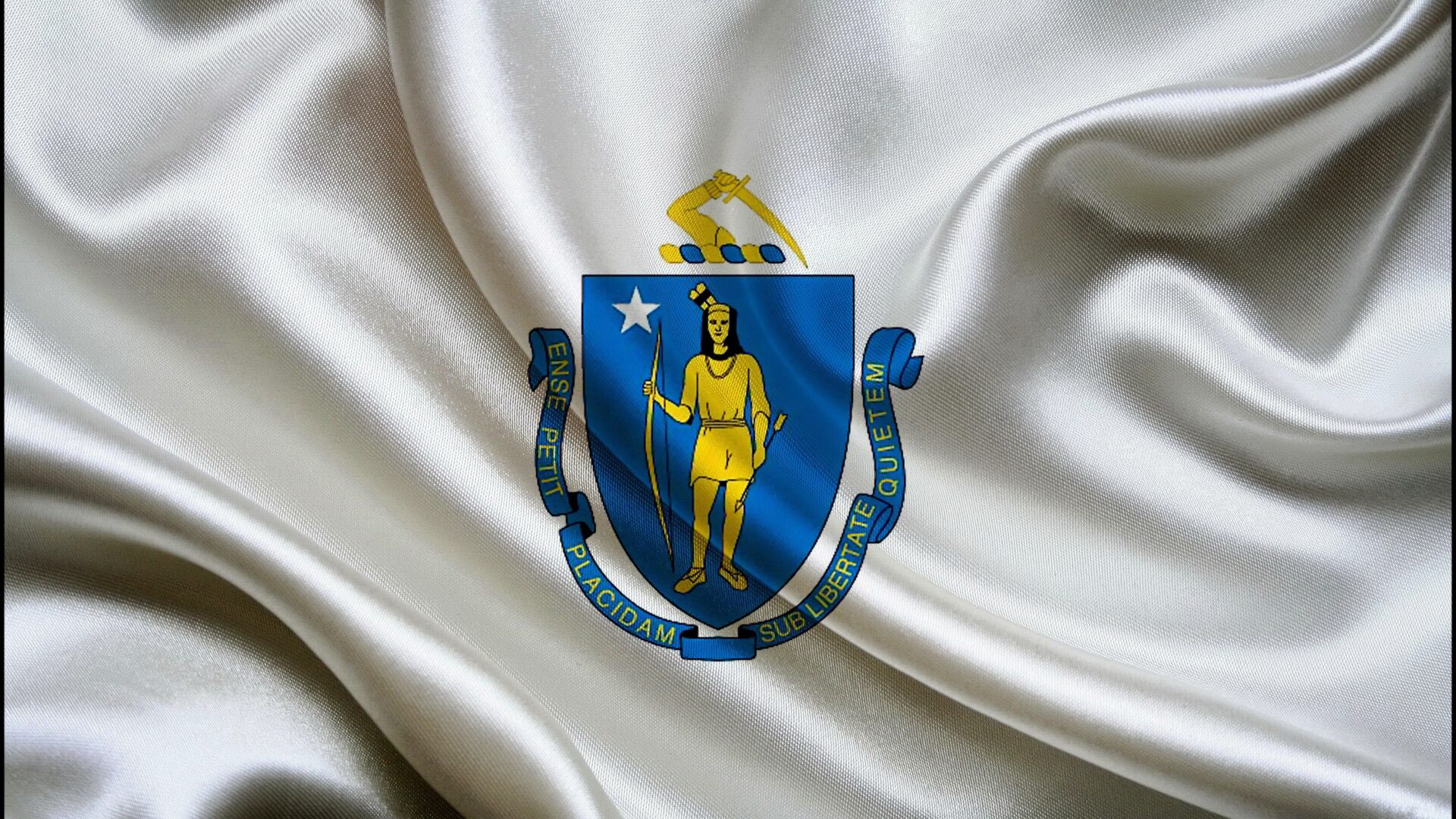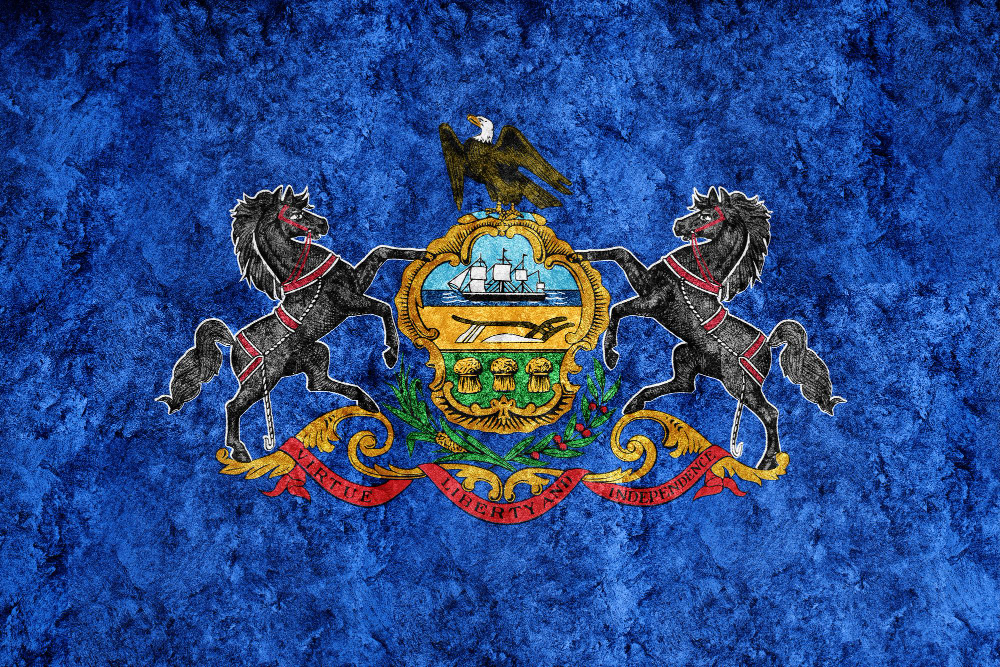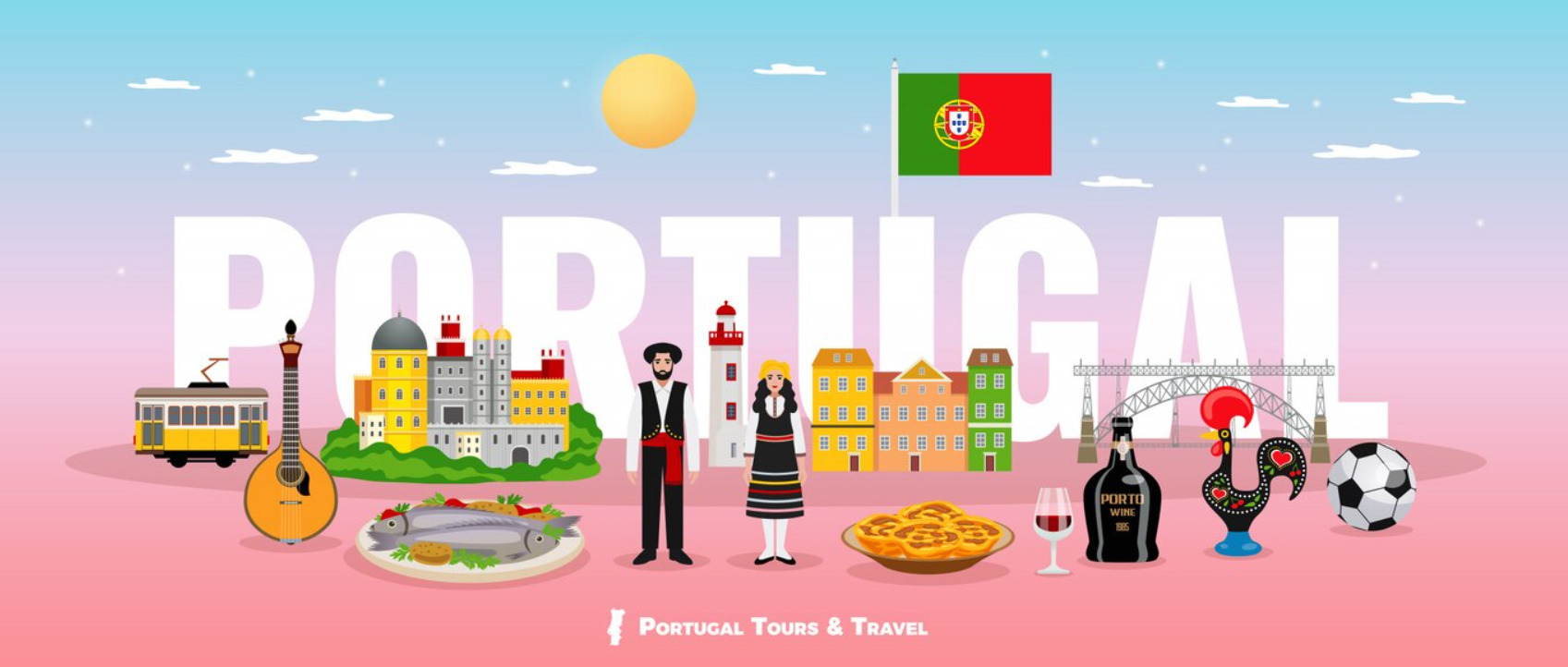Independence Day, celebrated with great significance in many countries around the world, is not only a time for people to come together and honor their nation’s sovereignty and freedom, but also a well deserved day off from the hustle and bustle of daily life. In this article, we explore the essence of Independence Day, its historical context, and how it is celebrated across countries, while emphasizing the importance of truly unplugging. For many employers, this includes recognizing the holiday within Paid Time Off (PTO) policies, encouraging teams to disconnect without guilt and return refreshed, and ensuring public holidays are clearly reflected in time off calendars so everyone can enjoy the day to its fullest.
The Historical Significance
Independence Day is a commemoration of a nation’s liberation from colonial rule,
foreign domination, or oppressive regimes. It marks the day when a country officially gained its autonomy and became self-governing. The historical context of this day varies from one country to another but typically involves a declaration of independence, a decisive battle, or the signing of a significant document.
For example,
in the United States, Independence Day is celebrated on July 4th to mark the adoption of the Declaration of Independence in 1776. This document,
authored by Thomas Jefferson,
proclaimed the colonies’ independence from British rule, setting the stage for the birth of the United States as an independent nation. In India,
Independence Day is celebrated on August 15th, commemorating the day in 1947 when India gained independence from British colonial rule.
The Essence of Independence
Independence Day symbolizes much more than just a historical event;
it represents the enduring values of freedom, democracy, and self-determination. It is a reminder of the sacrifices made by countless individuals who fought for the right to govern themselves and determine their own destinies. These individuals,
often referred to as freedom fighters, endured immense hardships, including imprisonment, torture, and even death, to secure the independence we cherish today.
Celebrating Independence Day as a Meaningful Day Off
A Day of Pride and Pause
Independence Day is marked with energy and pride around the world, and for many it’s also a welcome pause from work and routine. Beyond the festivities, the day invites reflection on freedom, unity, and the long journey that shaped a nation.
Ceremonies and Traditions
Communities gather for flag hoisting ceremonies, enduring symbols of sovereignty and shared identity, before spilling into streets for parades and processions that blend military honors with cultural performances and floats celebrating history, progress, and diversity.
Speeches and Collective Reflection
The day often features speeches from leaders, veterans, and community figures who look back on the struggle for independence and outline hopes for the future, creating a moment of shared remembrance and renewed purpose.
Cultural Programs and Heritage
Cultural programs, music, dance, theater, and exhibitions, bring regional traditions and contemporary voices to the forefront, turning public spaces into living galleries of a nation’s heritage and aspirations.
Fireworks, Anthem, and Unity
As evening falls, fireworks illuminate the sky with a sense of collective joy. Singing the national anthem together can be a powerful moment of unity and pride, reminding citizens of the values that bind them.
A True Day Off
Just as important, Independence Day functions as a genuine day off for most people. It’s a chance to slow down, reconnect with family and friends, and return to work with renewed energy and perspective.
How Organizations Can Support
Organizations can support the spirit of the holiday by communicating schedules in advance, encouraging teams to fully disconnect, and acknowledging that different regions observe different dates and traditions. A brief note of appreciation to staff can align celebration with company values and foster goodwill.
HR and People Ops Tip
For HR and People Ops teams, the day is also a practical reminder to keep time off logistics simple. The Day Off app can help by tracking employee vacations and automatically adding public holidays to your dashboard, reducing scheduling conflicts and making it easier for everyone to enjoy the break without email back and forth.
Frequently Asked Questions (FAQ) About Independence Day as a Day Off
Why is Independence Day celebrated as a national holiday?
Independence Day is celebrated to honor the moment when a nation achieved freedom from colonial rule, foreign domination, or oppressive regimes. It is not just a commemoration of history but a celebration of liberty, unity, and national pride. The day gives citizens an opportunity to remember their nation’s struggles, acknowledge sacrifices, and celebrate progress and self determination.
How do countries around the world celebrate Independence Day?
Each country has unique customs, but common celebrations include flag hoisting ceremonies, parades, cultural programs, and fireworks. Some nations emphasize historical reenactments or national addresses, while others focus on community gatherings, concerts, or family events. Regardless of the traditions, the central theme is the celebration of national identity and freedom.
Why is taking the day off on Independence Day important?
Beyond patriotism, the day off gives people a chance to rest, recharge, and spend meaningful time with loved ones. It’s an opportunity to step back from work routines and reflect on the significance of independence, not just as a national value but also as a personal reminder of balance, freedom, and gratitude.
What is the deeper meaning behind Independence Day celebrations?
Independence Day embodies the ideals of democracy, equality, and perseverance. It reminds citizens that freedom comes with responsibility, to protect, nurture, and uphold the values that their forebears fought for. It is both a celebration and a call to unity and continuous progress as a nation.
How can organizations observe Independence Day meaningfully?
Organizations can celebrate by hosting short ceremonies, community events, or cultural activities that reflect the day’s spirit. They can also use this time to recognize employees’ contributions and promote messages of teamwork, diversity, and shared purpose. Most importantly, companies should allow employees to fully enjoy their time off without work interruptions.
What are some simple ways individuals can celebrate Independence Day?
Individuals can celebrate by attending local parades, participating in flag hoisting ceremonies, watching fireworks, or engaging in community volunteer work. Many also choose to spend the day with family, visit historical landmarks, or enjoy traditional foods that represent their national culture. The goal is to celebrate freedom in a way that feels meaningful and personal.
How does Independence Day promote unity among citizens?
The celebration serves as a powerful reminder that despite differences in background, language, or beliefs, every citizen shares a common heritage and destiny. Singing the national anthem, participating in public events, and reflecting on the nation’s achievements strengthen the sense of collective belonging and pride.
How can HR and People Operations teams manage Independence Day effectively?
HR teams can plan ahead by clearly communicating holiday schedules, ensuring fair time off distribution, and respecting regional variations in public holidays. Using tools like the Day Off app makes it easy to track employee vacations, add public holidays automatically, and reduce scheduling conflicts, ensuring everyone enjoys the break stress free.
Are there modern trends in celebrating Independence Day?
Yes. In addition to traditional parades and fireworks, many people now embrace eco friendly celebrations, virtual events, and community service initiatives. Companies and individuals alike are also focusing on inclusive celebrations that reflect the diversity of modern societies.
What message should we take away from Independence Day?
Independence Day reminds us that freedom was earned through courage, resilience, and unity. It encourages gratitude toward those who fought for liberty and calls on each generation to protect those ideals. As we enjoy a well deserved day off, it’s also a moment to reaffirm our shared commitment to peace, progress, and national pride.
Conclusion
Independence Day is more than just a holiday; it is a time to reflect on the journey of a nation, the sacrifices made by its people,
and the ideals it stands for. It serves as a reminder that freedom is a precious gift that must be safeguarded and cherished. This holiday fosters a sense of unity, patriotism,
and national pride that transcends political, cultural, and social differences. As we celebrate the Day and enjoy a well deserved day off, we honor our history and look forward to a future of peace, prosperity, and progress.

